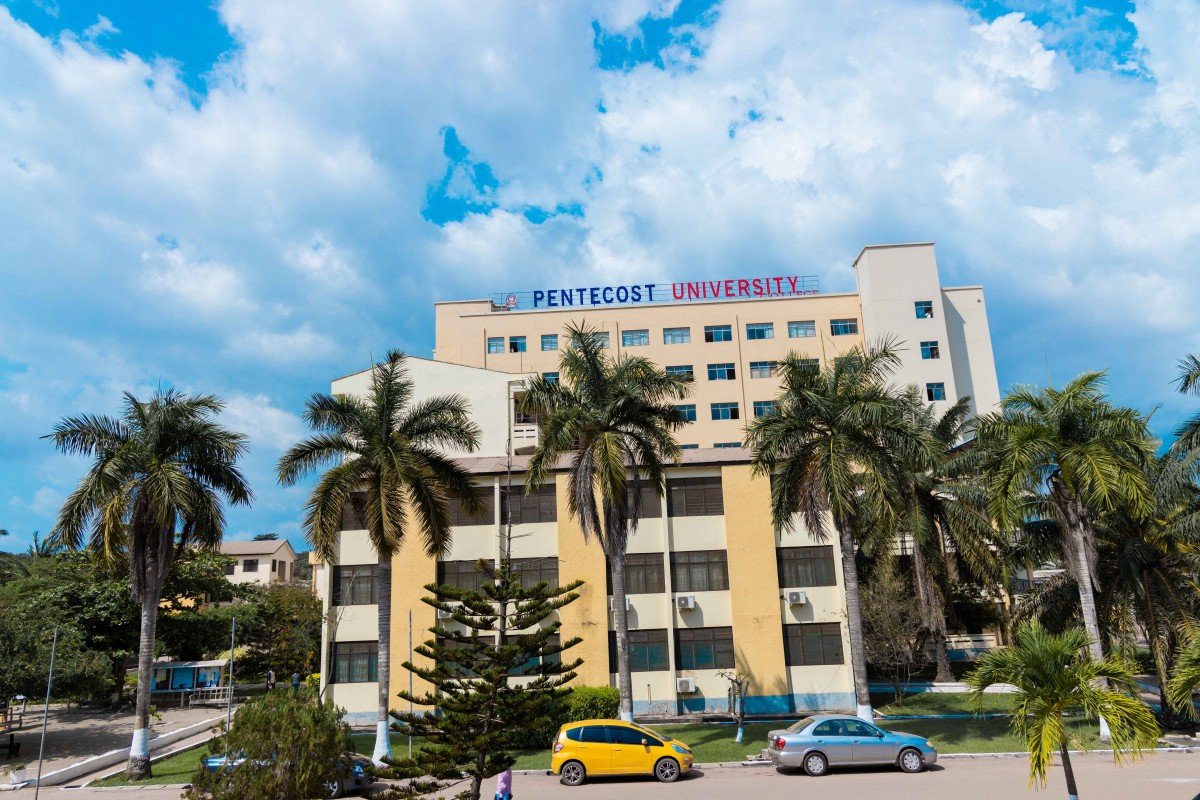Mathematics, the bedrock of accounting and engineering. Loved and hated by many students alike.
The Ghana Education Service has released the 2019 edition of the Mathematics syllabus for the lower primary stage of education (p1-p3)
Justification
Mathematics forms an integral part of our everyday lives. It is a universal truth that development is hinged on Mathematics. It is the backbone of social, economic, political and physical development of a country.
It is a never-ending creative process which serves to promote discovery and understanding. It consists of a body of knowledge which attempts to explain and interpret phenomena and experiences. Mathematics has changed our lives, and is vital to Ghana’s future development.
To provide quality Mathematics education, teachers must facilitate learning in the Mathematics classroom. This will provide the foundations for discovering and understanding the world around us and lay the grounds for Mathematics and Mathematics related studies at higher levels of education.
Learners should be encouraged to
understand how Mathematics can be used to explain what is occurring, predict how things will behave and analyse causes and origins of things in our environment.
The Mathematics curriculum has considered the desired outcomes of education for learners at the basic level. Mathematics is also concerned with the development of attitudes and is important for all citizens to be mathematically and technologically literate for sustainable development. Mathematics therefore ought to be taught using hands-on and
minds-on approaches which learners will find as fun and adopt as a culture.
Subject Aims
The Mathematics curriculum is designed to help learners to:
- recognise that Mathematics permeates the world around us;
- appreciate the usefulness, power and beauty of Mathematics;
- enjoy Mathematics and develop patience and persistence when solving problems;
- understand and be able to use the language, symbols and notation of Mathematics;
- develop mathematical curiosity and use inductive and deductive reasoning when solving problems;
- become confident in using Mathematics to analyse and solve problems both in school and in real-life situations;
- develop the knowledge, skills and attitudes necessary to pursue further studies in Mathematics; and
- develop abstract, logical and critical thinking and the ability to reflect critically upon their work and the work of others.
Click here to download the 2019 Lower primary mathematics syllabus.




